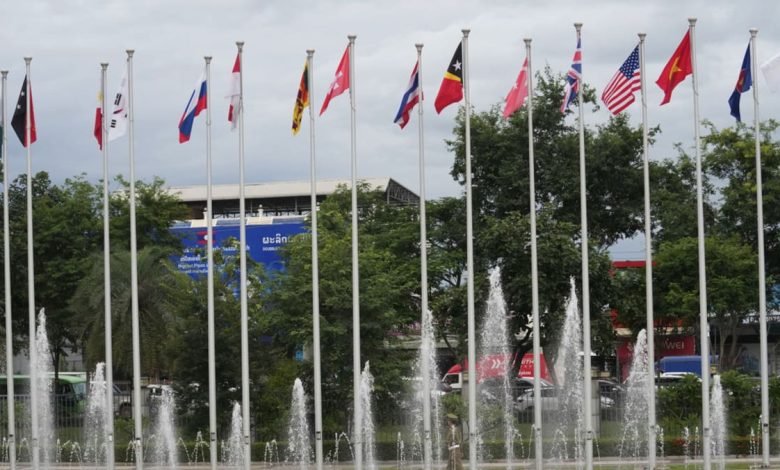Commentary: New slate of leaders will grapple with contentious issues at Laos ASEAN summit

A REFLECTION OF GLOBAL POLITICAL POLARISATION
ASEAN has taken steps to insulate itself from differences between its dialogue partners. Until 2022, partners could propose issue-specific East Asia Summit statements. However, negotiation of these statements (one of which was proposed by Russia in 2022 on the seemingly innocuous topic of volunteerism) became too contentious.
While the East Asia Summit is still likely to issue at least one jointly negotiated statement in 2024, it is a reflection of global political polarisation that ASEAN’s dialogue partners are no longer able to propose their own duelling statements to advance their preferred language on international issues.
Because Laos is a weaker ASEAN member, many will already be looking to Malaysia’s chairmanship in 2025.
Prime Minister Anwar has courted international controversy with his support for Hamas and tilting towards China’s positions on Taiwan and the South China Sea. But the ASEAN chair’s influence is always limited, so Anwar’s own views will not change the trajectory of the organisation.
Anwar has already invited Russian President Vladimir Putin to attend the 2025 ASEAN summits, which could provide an opportunity for Moscow to secure a diplomatic win such as achieving comprehensive strategic partner status, which Australia, China, the United States and Japan already enjoy (South Korea will have comprehensive strategic partner status confirmed later this year).
So, the ASEAN show will come to Laos and then roll on again. Concrete progress on pressing issues will be sorely lacking. But as the global environment becomes more contested and the scope for international consensus narrows, ASEAN’s convening power is perhaps more important than ever.
Susannah Patton is Director of the Southeast Asia Program at the Lowy Institute. This commentary first appeared on the Lowy Institute’s blog, The Interpreter.

